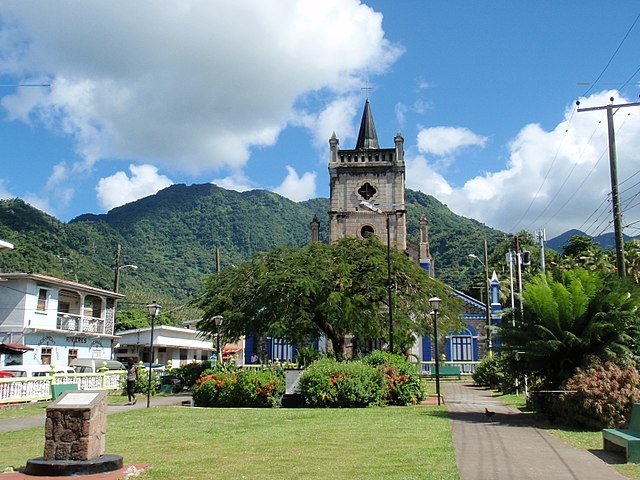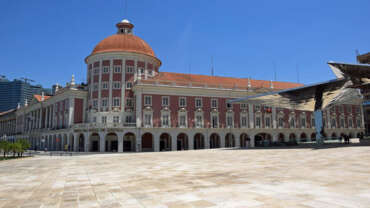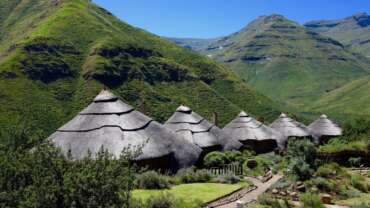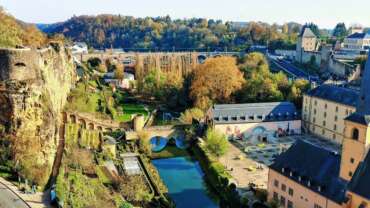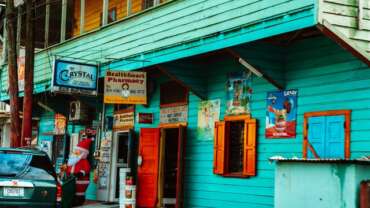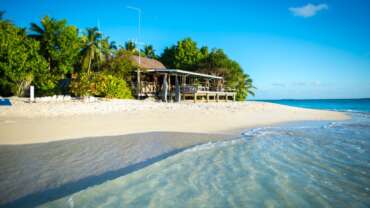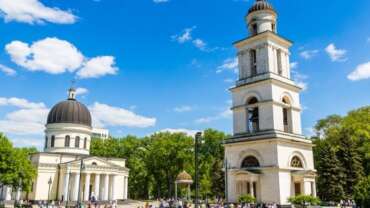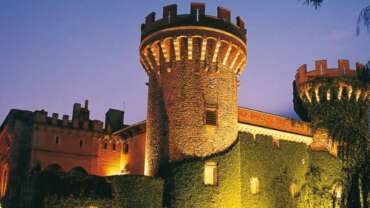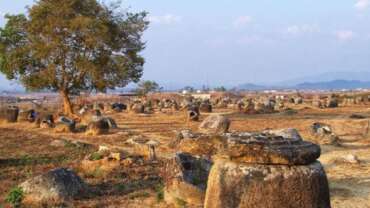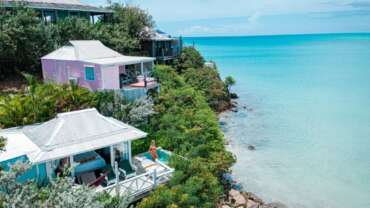Saint Lucia - Let Her Inspire You!
Saint Lucia is an Eastern Caribbean island nation with a pair of dramatically tapered mountains, the Pitons, on its west coast. Its coast is home to volcanic beaches, reef-diving sites, luxury resorts and fishing villages. Trails in the interior rainforest lead to waterfalls like the 15m-high Toraille, which pours over a cliff into a garden. The capital, Castries, is a popular cruise port.
History of Saint Lucia
French and British territorial rivalry
The exact date of the European discovery of Saint Lucia is not known, but it is thought to have been about 1500. The first attempts at colonization were made by the English in 1605 and 1638, but they were frustrated by sickness and the hostility of the native Caribs. A successful settlement was achieved in 1650 by the French from Martinique, who made a treaty with the Caribs in 1660. In 1664 Thomas Warner, son of the governor of Saint Kitts, regained the island, but it was restored to France by the Treaty of Breda in 1667. In 1674 it was claimed by the crown of France and made a dependency of Martinique.
Another British settlement under a grant made in 1722 by George I to the duke of Montague was frustrated by France, which had granted the island to Marshal d’Estrées in 1718, and the island was declared neutral. In 1743 the French resumed possession, retaining the island until the Treaty of Aix-la-Chapelle in 1748, in which the two countries again agreed to regard Saint Lucia as neutral. In 1762 it was captured by Adm. George Rodney and Gen. Robert Monckton, only to be given up once more by the Treaty of Paris (1763). In 1778 it again surrendered to the British, who used its harbours as a naval base, but, by the Peace of Versailles, Saint Lucia was once more restored to France. Between 1782 and 1803 the possession of Saint Lucia passed several times between Britain and France, the British having to suppress a vigorous revolutionary party, which was aided by insurgent slaves, before gaining possession in 1803. Saint Lucia was finally ceded to Britain in 1814 by the Treaty of Paris, after which it became a crown colony. During 1838–85, together with the other islands of the Windward group, it was administered by the governor of Barbados.
French influence on the development of Saint Lucia is illustrated by the dominance of the Roman Catholic Church and the survival of a French patois. In the years following 1763, French planters came from Saint Vincent and Grenada and established cotton and sugar plantations. In 1834, when the slaves were emancipated, there were in Saint Lucia more than 13,000 black slaves, 2,600 free blacks, and 2,300 whites. Prosperity was impeded by the decline of the sugarcane industry. Improvement came with the increase of banana and cacao cultivation and the revival of sugarcane.
Independence
Representative government was obtained by the constitution of 1924, which introduced an elective element into the legislative council; the constitution of 1936 provided for an unofficial majority in the council.
In 1958 Saint Lucia joined the West Indies Federation, although its colonial status remained unchanged. Under the 1960 constitution the post of governor of the Windward Islands was abolished, and Saint Lucia became an autonomous unit within the federation, also achieving a greater degree of internal self-government. After the federation was dissolved on May 31, 1962, the status question was eventually settled by the West Indies Act of 1967, in which Saint Lucia assumed a status of association with the United Kingdom on March 1, 1967.
Independence was finally achieved on February 22, 1979, with Saint Lucia remaining a parliamentary democracy within the Commonwealth. In the first elections following independence, the left-leaning Saint Lucia Labour Party (SLP) defeated the more conservative United Workers’ Party (UWP). The SLP governments favoured the socialist regimes of the Caribbean, establishing relations with Cuba and joining the nonaligned movement. They also helped form the Organization of Eastern Caribbean States in 1981.
The SLP’s attempts at a mixed economy proved unable to deal with the staggering problems of the new country, especially after Hurricane Allen wiped out the banana crop in 1980. Rivalry within the party led to the resignation of two prime ministers in two years, and political instability caused the tourist trade to drop to one-half of its pre-independence level. In May 1982 the UWP was voted into power on a platform of inviting foreign investment and decentralizing government administration. The agricultural sector was gradually rebuilt after the hurricane, and the end of a recession in the United States increased tourism. The UWP retained power in elections held in 1987 and 1992.
In 1992 the Castries-born poet and playwright Derek Walcott won the Nobel Prize for literature (he was Saint Lucia’s second Nobel Prize winner after Sir Arthur Lewis, who won the prize for economics in 1979). The 1997 general election resulted in a landslide victory for the SLP, and its leader, Kenny Anthony, became prime minister. The Gros and Petit Pitons, two volcanic peaks in the bay near Soufrière, were collectively designated a UNESCO World Heritage site in 2004. The UWP regained power in the 2006 elections. After an electoral victory for the SLP in December 2011, Kenny Anthony once again took office as prime minister. Saint Lucia joined the Bolivarian Alliance for the Peoples of Our America in 2013.
People of Saint Lucia
People
No Caribs remain on the island; the vast majority of the inhabitants of the island are black and there is a small minority of mulattoes and other mixtures. The remainder are whites or of East Indian extraction. A French patois is spoken by most of the inhabitants but is being gradually supplanted by English, the official language. The main religion is Roman Catholicism, and Seventh-day Adventists and other Protestants are important minorities. The rate of population growth for Saint Lucia is slightly higher than the Caribbean average. The main population centres are Castries and Vieux Fort.
General Information of Saint Lucia
Government And Society
Constitutional framework
Saint Lucia is a constitutional monarchy with the British monarch as head of state, represented by a governor-general. The bicameral parliament consists of the House of Assembly elected by universal adult suffrage and the Senate, with members appointed on the advice of the prime minister, on the advice of the opposition leader in the House, and by the governor-general. The prime minister, leader of the majority party, heads the government.
Justice
Saint Lucia has retained its association with the Eastern Caribbean Supreme Court, consisting of a court of appeal and a high court.
Health and welfare
Several general hospitals and many health centres are distributed throughout the island. There is also a private hospital operated by a religious order at Vieux Fort.
Education
Primary education is free and compulsory, and there is a branch of the University of the West Indies at Castries. There is also a technical college and a teacher-training college. Many of the primary schools are parochial, principally Roman Catholic.
Communications
Several newspapers are published on the island, and radio and television broadcasts are widely received.
SAINT LUCIA IS NO ORDINARY ISLAND!
Equal parts beauty and mystique, Saint Lucia captivates anyone who sets foot on her coastline. Always evocative, she welcomes visitors with her soothing waves, warm beaches, and hospitable people. The only sovereign nation to be named for a woman, the island personifies adventure and inspiration. Her visitors invariably find themselves reluctant to leave and eager to return.
VISUALIZE
Imagine yourself reclining on the sandy white beaches, soaking in the volcanic mud baths of Soufrière, ziplining through lush rainforests, indulging in authentic island food, club-hopping on the Rodney Bay strip, and riding ATVs through the countryside. Envision exploring abandoned sugar plantations, snorkeling in crystal clear waters, chasing brightly colored fish in the shadow of the Pitons, or experiencing a live sea turtle hatching in the last light of dusk.



